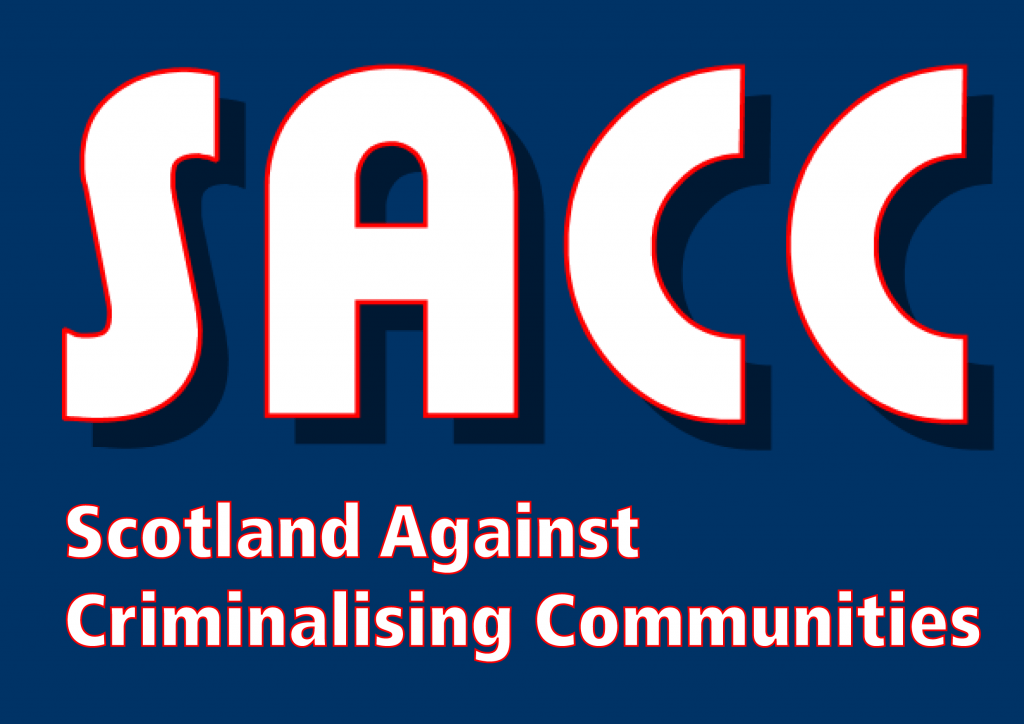We wish to express our extreme concern over the statutory Prevent Duty Guidance for Scotland, produced by the Scottish Government and the UK Government under the terms of the Counter Terrorism and Security Act 2015, and laid before the UK Parliament on 12 March 2015.
We have a wide range of concerns over both the Counter Terrorism and Security Act and the Prevent Duty Guidance, which places a legal responsibility for political policing on public bodies in Scotland, including the NHS, schools, further education institutions and universities. We believe that the policies imposed on these bodies will tend to promote the belief that the Muslim community is intrinsically suspect and will fuel the growing problem of Islamophobia in our society.
A central and urgent concern is that the Prevent Duty Guidance currently before Parliament will oblige public bodies in Scotland to suppress anti-war campaigning, especially amongst Muslims. We regard this as a red line issue and we urge the Scottish Government to act to remedy it, through the consultative role set out for it in the Counter Terrorism and Security Act. We hope that in doing so the Scottish Government will respect the right to dissent, respect the long tradition of anti-war campaigning in Scotland, and respect the positive relationship that has so far been maintained between the Scottish Government and Scotland’s minority communities.
The Prevent Duty Guidance for Scotland says (paragraph 7):
“Islamist extremists regard Western intervention in Muslim-majority countries as a ‘war with Islam’, creating a narrative of ‘them’ and ‘us’.”
Some of us have been campaigning for many years against US and British aggression in Muslim-majority countries. For some, these wars are a consequence of global competition for resources, markets and geopolitical advantage. Others believe that they amount to a ‘war with Islam’. Both are views that may reasonably be held.
Some of us also believe that these events should be seen as part of a narrative of ‘them’ and ‘us’. For some, ‘them’ means the 1% and the governments moulded by the interests of the 1%; and ‘us’ means 99% of the people of the world. Muslims campaigning against war have an absolute right to see the matter in that way or something like it, or to relate their opposition to particular wars to their identity and beliefs as Muslims.
It is unacceptable that any of these views should be linked to extremism as a matter of government policy, and outrageous that it should be done as part of a document that has statutory force. It is no business of the Government, or of universities or the NHS, to prescribe the political perspective that anti-war campaigners may hold.
We are also concerned that the same paragraph of the Prevent Duty Guidance for Scotland says:
“Islamist extremists specifically attack the principles of civic participation and social cohesion.”
We fear that this is likely to be interpreted as a reference to government programmes for social cohesion, and even to the Prevent programme itself. Some of us have grave concerns over these programmes and have encouraged people to distance themselves from them. This is not extremism. It is a legitimate response to controversial and potentially harmful policies.
We do not think that the statements made in Paragraph 7 of the Prevent Duty Guidance for Scotland, or anything like them, are in any way acceptable as part of statutory policy in Scotland.
The Counter Terrorism and Security Act 2015 raises significant problems of constitutionality and accountability because of its heavy reliance on secondary legislation created in Westminster in consultation with the Scottish Government, but without discussion in the Scottish Parliament. It erodes the distinction between counter-terrorism policy, which is reserved to Westminster, and matters of public administration that are devolved to Holyrood. This is an additional reason for the Scottish Government to give close attention to the disturbing and far-reaching implications of this legislation for public life in Scotland.
We hope that the Scottish Government will act urgently to resolve these problems.
The Open Letter from SACC is supported by IHRC. To add the support of your organisation, please contact us.
Visit the Source page and scroll to the bottom to add your support! – CLICK HERE






